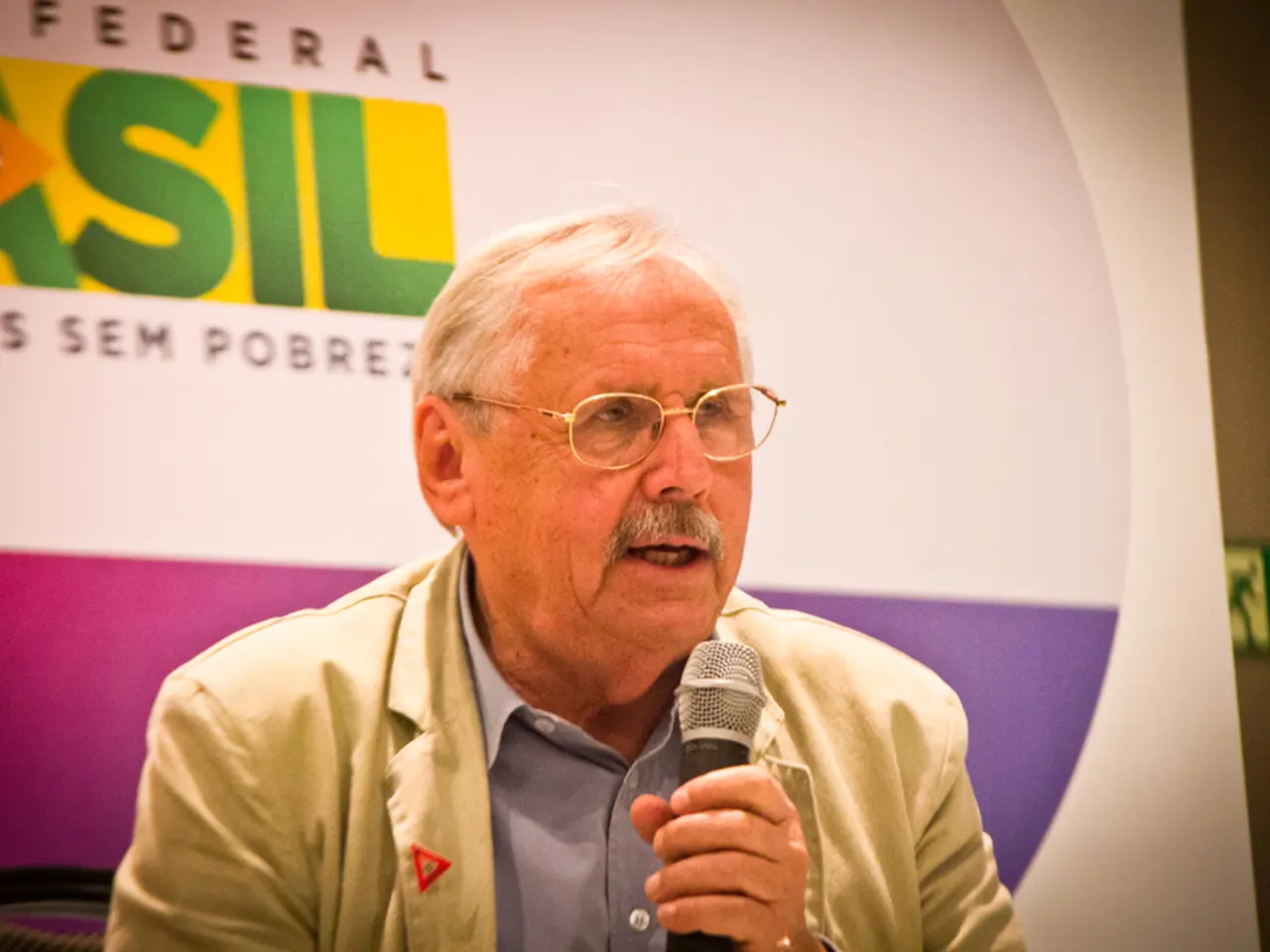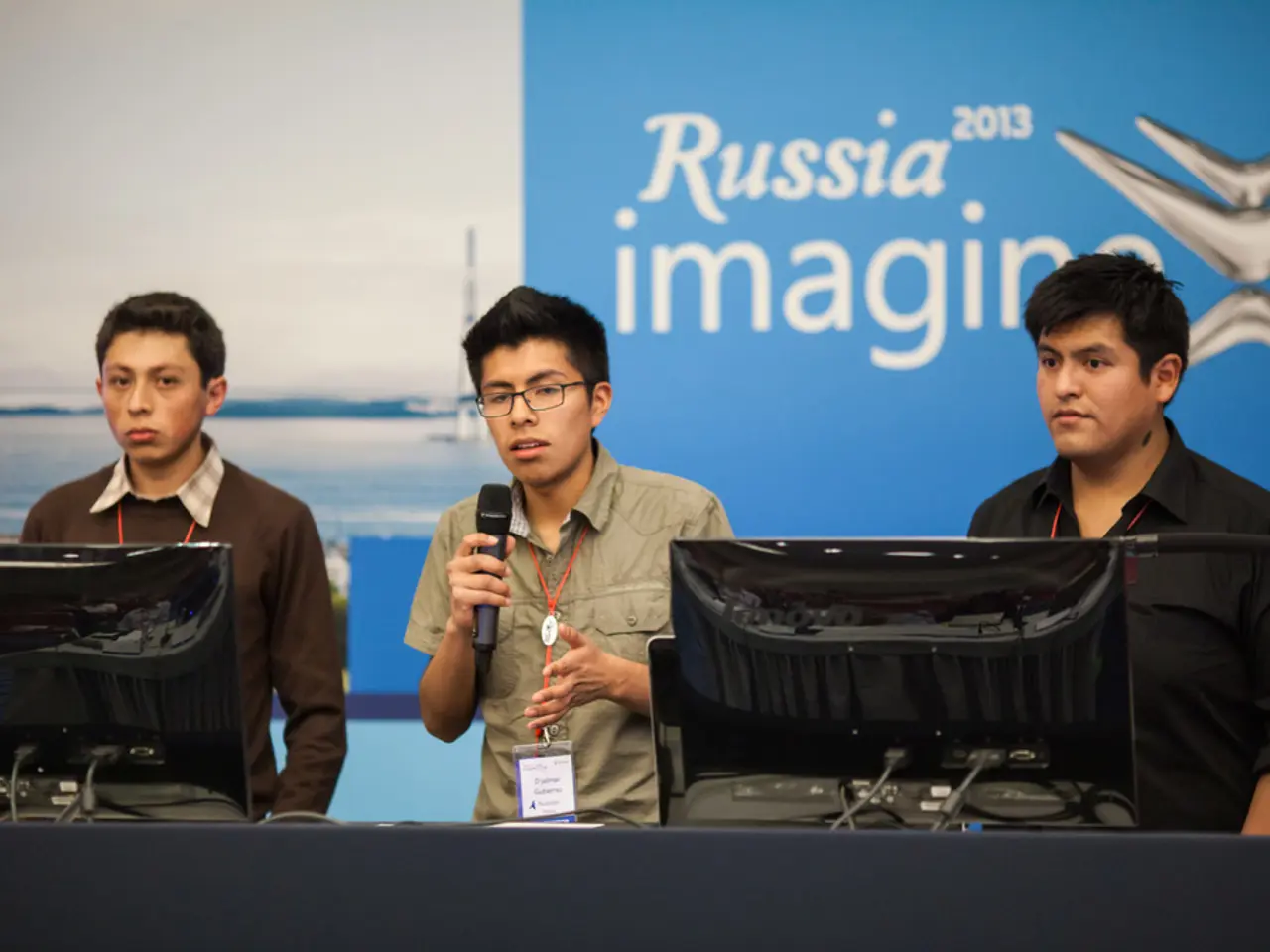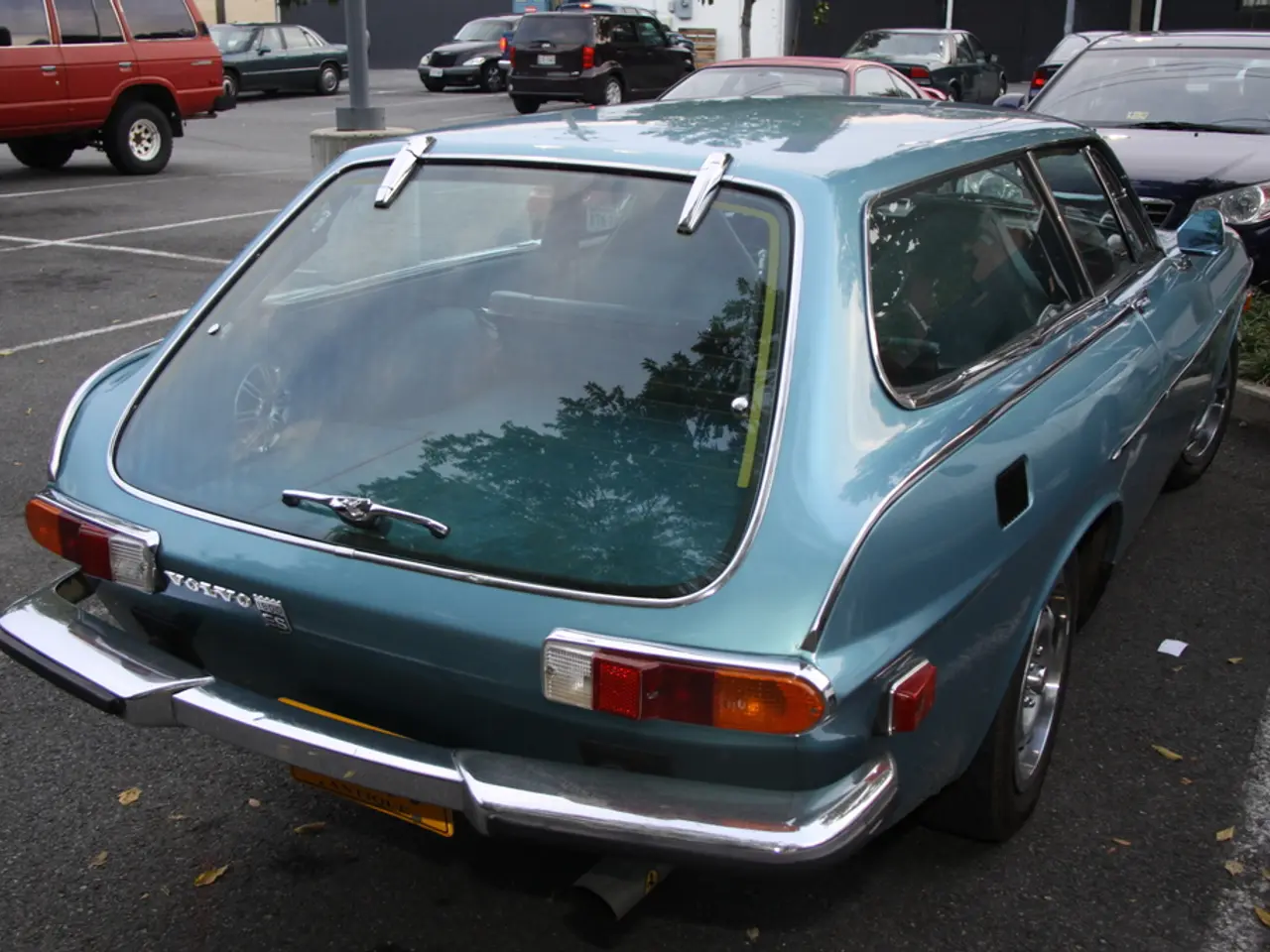South Korea convenes initial ministerial-level discussions on combating corruption within APEC (Asia-Pacific Economic Cooperation)
At a ministerial-level APEC High-Level Dialogue on Anti-Corruption Cooperation held in South Korea in 2025, APEC members agreed on three key anti-corruption priorities: combating cross-border corruption, enhancing private sector integrity including whistleblower protection, and promoting education to foster a culture of integrity across society.
The dialogue, which took place from July 30 to August 3 in Incheon, emphasized the increasing complexity of corruption through digital assets, international procurement, and complex financial systems. Recognizing the need for international cooperation, the discussion highlighted the importance of institutionalizing collaborative efforts in investigations, asset recovery, and law enforcement. The private sector's active engagement was recognized as essential, along with stronger corporate integrity frameworks.
Ryu Chul-whan, chairperson of the Anti-Corruption and Civil Rights Commission (ACRC), stated that the event was a meaningful opportunity for anti-corruption cooperation within APEC. Ryu presented Korea's institutional reforms, including the Improper Solicitation and Graft Act enacted in 2016, the Conflict of Interest Prevention Act introduced in 2022, and the Whistleblower Protection and Reward System operated by the commission since the early 2010s.
The dialogue centered around three pillars: enforcement, corporate compliance, and education. Cross-border cooperation in asset recovery and digital evidence sharing was discussed in the first two sessions. In the third session, speakers explored how regulatory frameworks and digital solutions could reduce corruption risks in both public and private sectors, showcasing Korea's leading role in preventive policy.
Lee Myung-soon, Vice Chair of the ACRC, emphasized the importance of treating transparency as a prerequisite for sustainable growth. Lee stated that the responsibility of anti-corruption is a shared responsibility across sectors and generations.
Since this initial dialogue, progress includes calls for implementing actionable tasks rather than just declaratory statements, and Korea reaffirmed its commitment to active regional cooperation, hoping APEC will serve as a platform for sharing best practices globally. Moreover, emerging technologies for enhancing transparency and accountability are being explored within APEC economies to close capability gaps and bolster anti-corruption efforts, leveraging knowledge sharing and capacity building through APEC working groups.
In 2024, South Korea ranked 30th out of 180 countries in the Corruption Perceptions Index by Transparency International, marking its highest rank to date. The ACRC also highlighted partnerships with 18 domestic universities, including Ulsan National Institute of Science and Technology, which began offering a for-credit anti-corruption course this March.
No joint declaration was made during the meeting, but the ACRC confirmed that discussions are ongoing. Global institutions such as the OECD, World Bank, and the UN Office on Drugs and Crime were also present. Discussions are underway to include anti-corruption priorities in the APEC Leaders' Declaration, to be adopted at the APEC Summit in Gyeongju this October.
The ACRC shared initiatives, such as mandatory annual training for over 2 million civil servants, to further strengthen the fight against corruption. The commission emphasized the importance of not just enforcement, but building a culture of integrity through prevention and participation.
The discussions at the ministerial-level APEC High-Level Dialogue on Anti-Corruption Cooperation in 2025 underscored the need for policy-and-legislation, particularly in enhancing cross-border cooperation in asset recovery and digital evidence sharing, as part of the effort to combat corruption in the face of growing complexities in areas like digital assets and international procurement. The dialogue also emphasized the significance of politics, as evidenced by the recognition of the private sector's active engagement and the need for stronger corporate integrity frameworks. Furthermore, general-news was a constant theme, with the ACRC sharing updates on their initiatives and achievements, such as the for-credit anti-corruption course at Ulsan National Institute of Science and Technology, and the commitment to continued regional cooperation in the fight against corruption.






